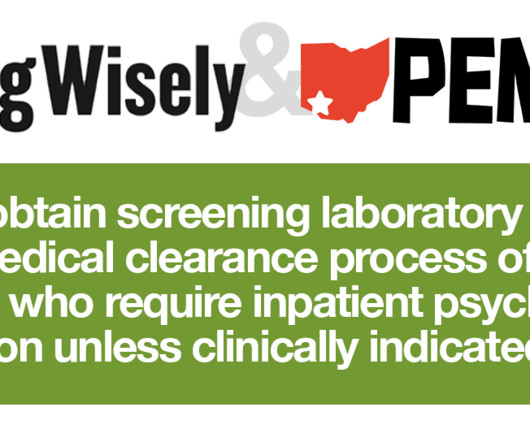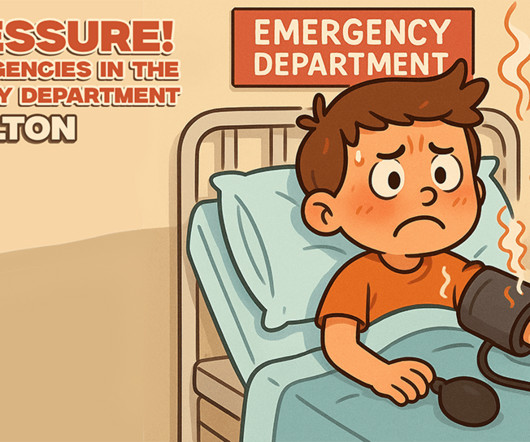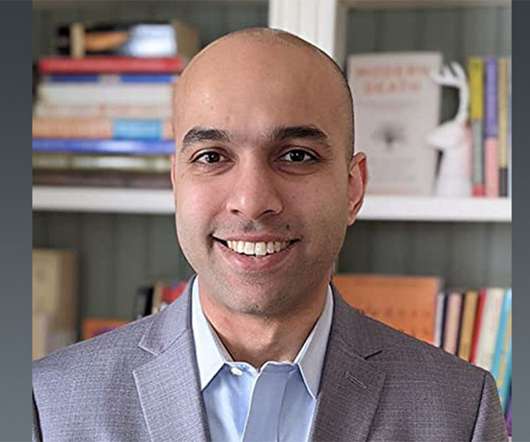You don’t need labs to medically clear a psych patient
PEMBlog
SEPTEMBER 6, 2023
When should the emergency physician obtain lab tests to medically clear such patients? There is abundant evidence showing that routine lab tests in such patients have a very low yield and are not indicated, in adults as well as in children. Routine laboratory testing does not need to be performed. Ann Emerg Med.













Let's personalize your content